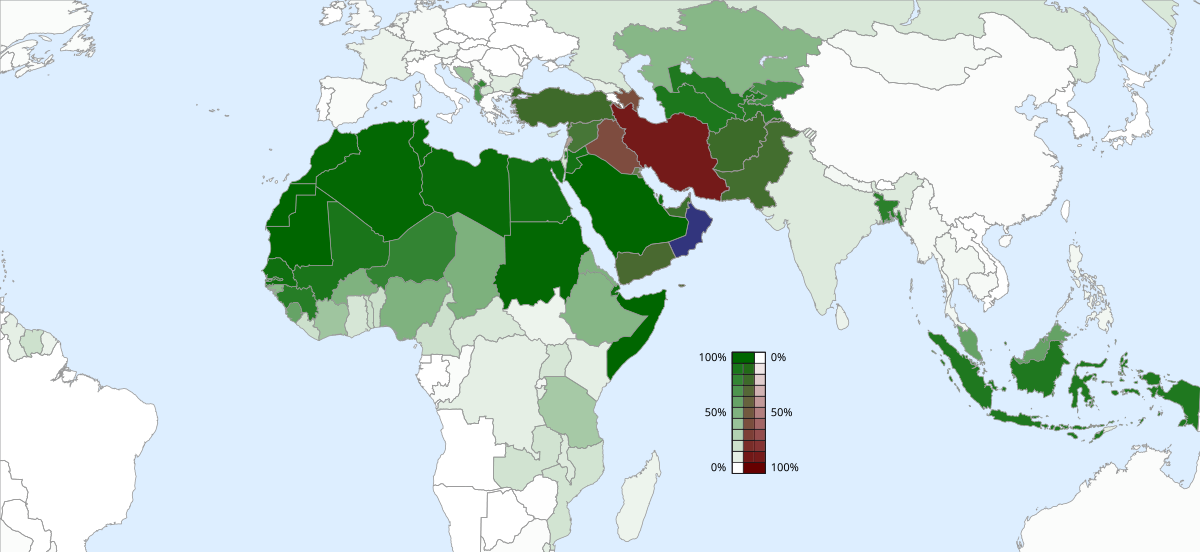Monk-Eye
Gold Member
- Feb 3, 2018
- 3,227
- 790
- 140
" Why Have Socialists Not Privatized The Socialist Ideals ? "
* Cannot Earn A Dollar Of Their Own But Promotes That Money Grows On Trees In Gardens Of The Undeserving *
There is a banter by socialists for fair worker compensation , all while bemoaning elitism that exists for compensation in corporations .
Why do those aspiring for fair worker compensation , and for big business paying their fair share , forego government public policy for socialism and instead create private corporations that by personal volition , as philanthropic donations , facilitate their socialist ideals ?
Could it be that those bemoaning capitalism are incapable of owning up to a personal volition for socialist ideals implemented through their own private , philanthropic , policies and contributions ?
* Cannot Earn A Dollar Of Their Own But Promotes That Money Grows On Trees In Gardens Of The Undeserving *
There is a banter by socialists for fair worker compensation , all while bemoaning elitism that exists for compensation in corporations .
Why do those aspiring for fair worker compensation , and for big business paying their fair share , forego government public policy for socialism and instead create private corporations that by personal volition , as philanthropic donations , facilitate their socialist ideals ?
Could it be that those bemoaning capitalism are incapable of owning up to a personal volition for socialist ideals implemented through their own private , philanthropic , policies and contributions ?









